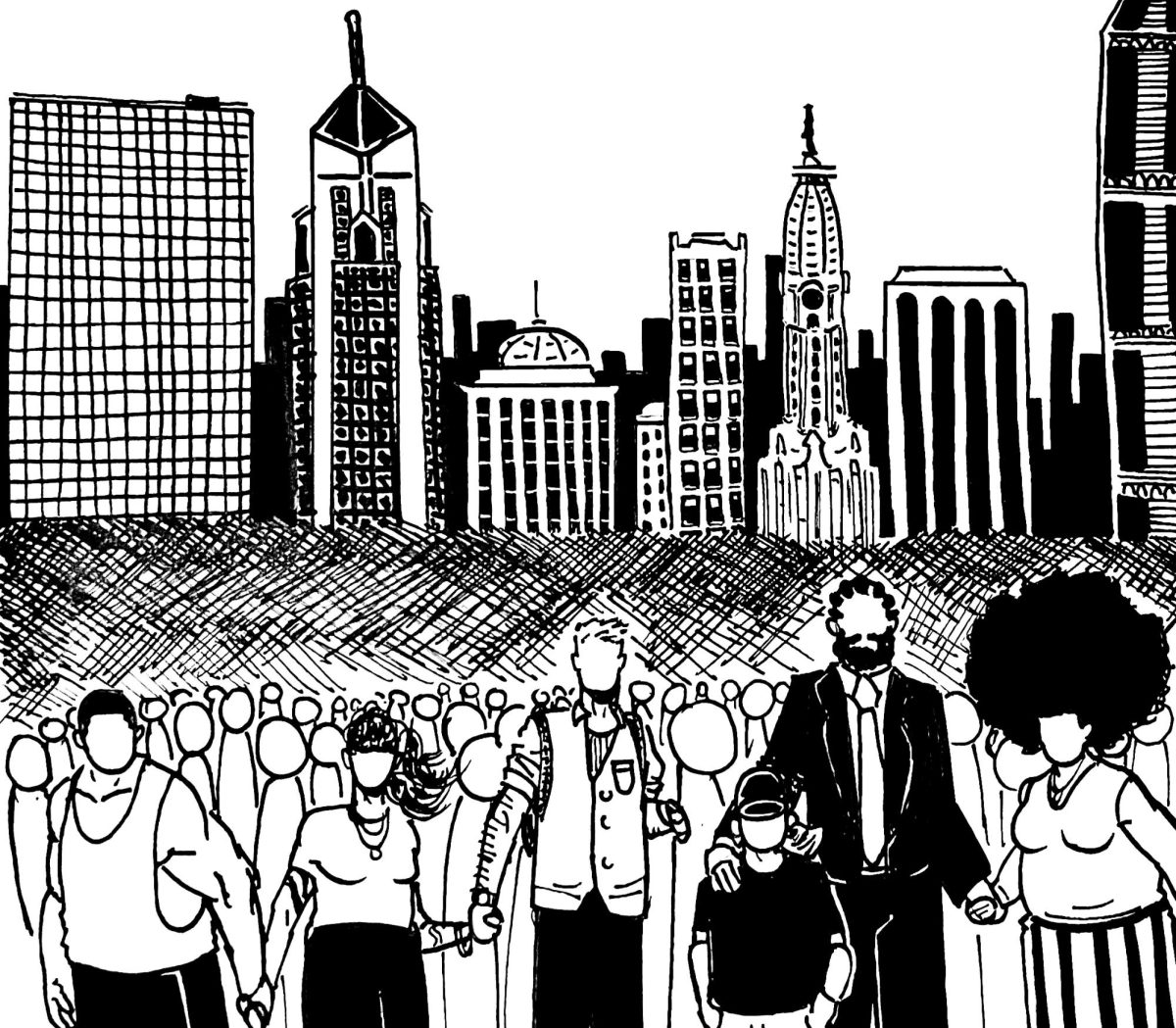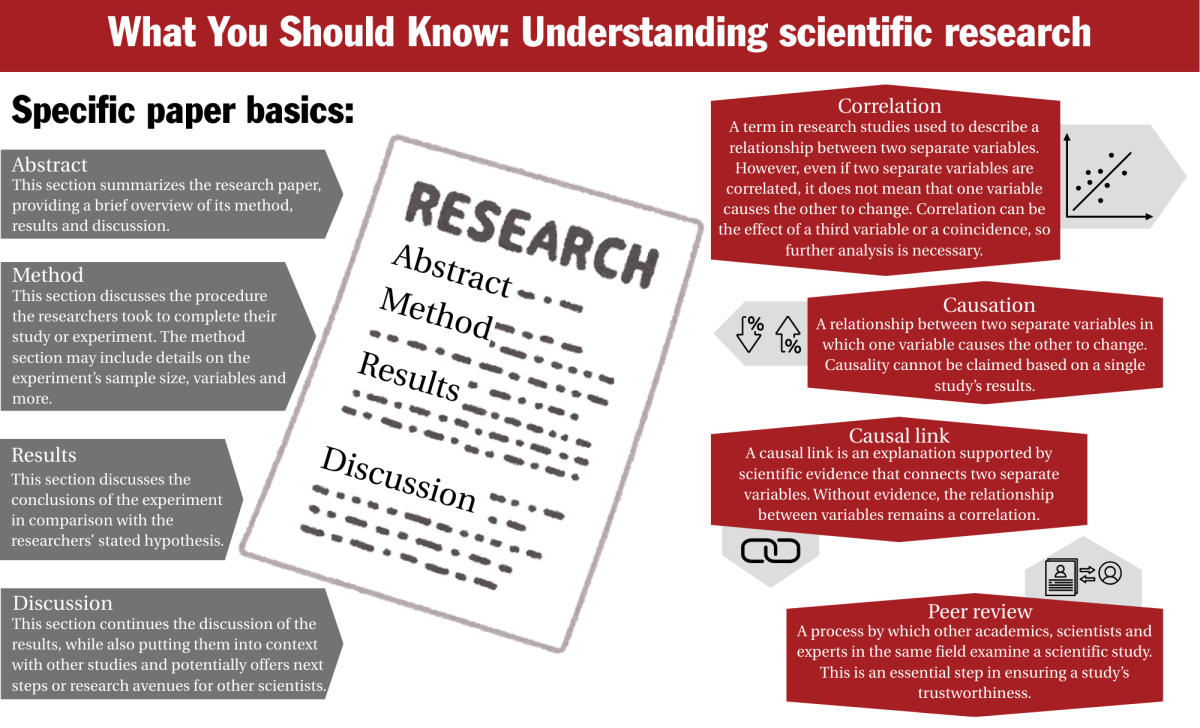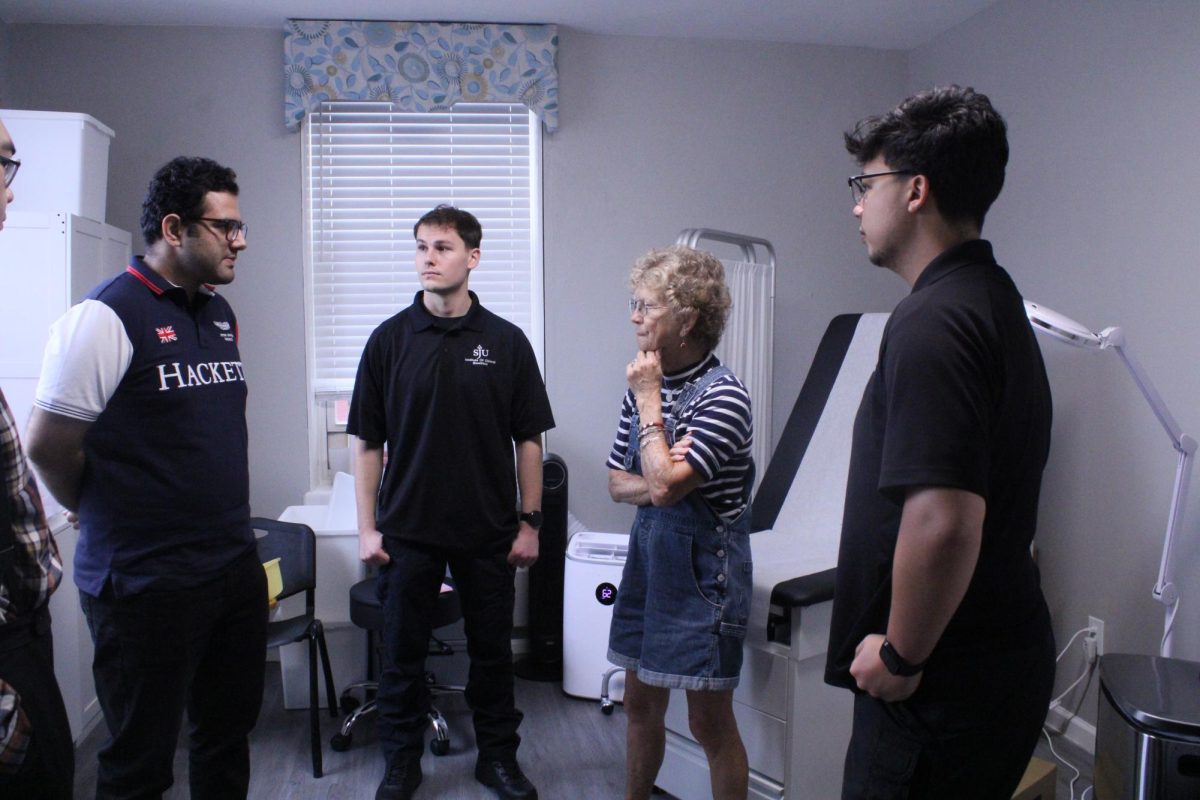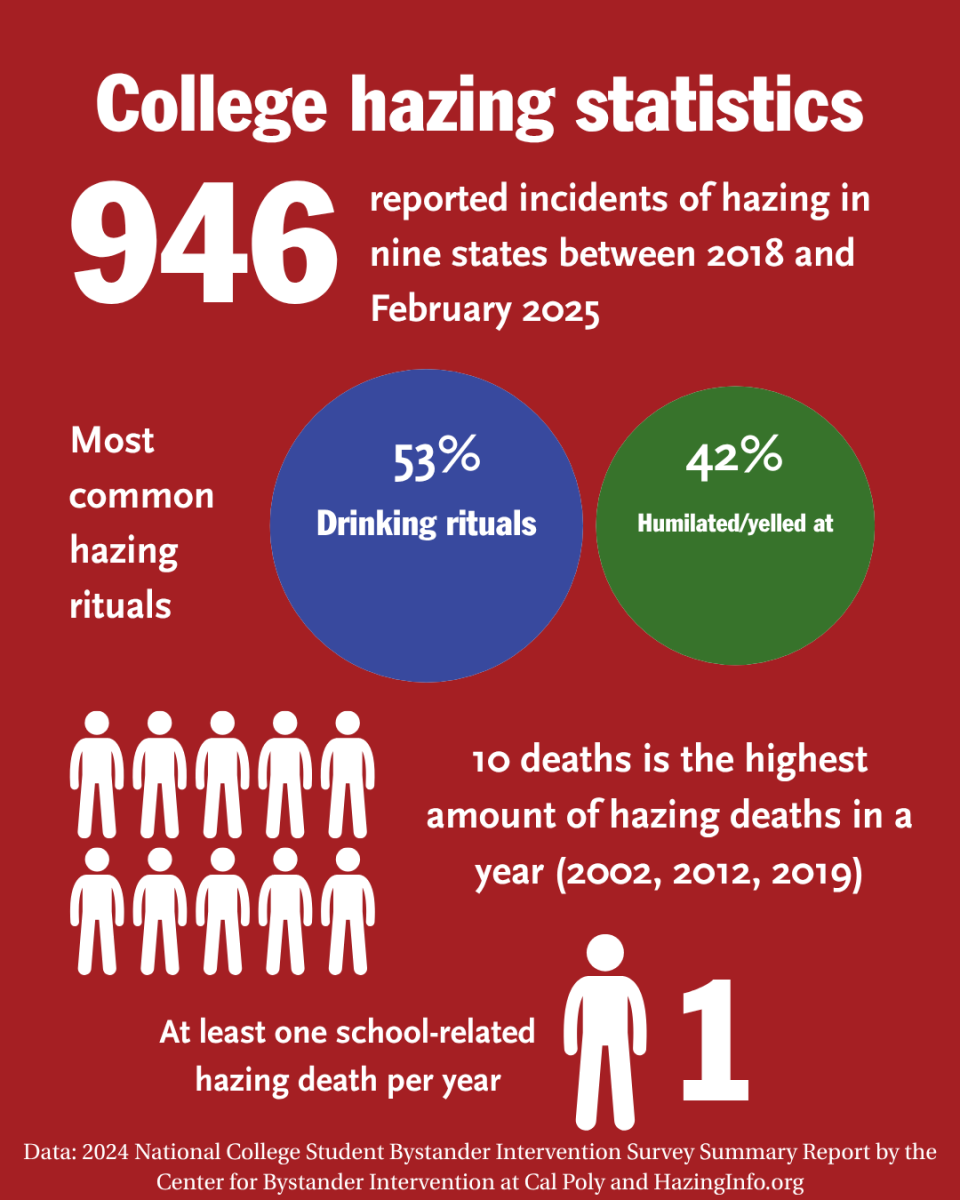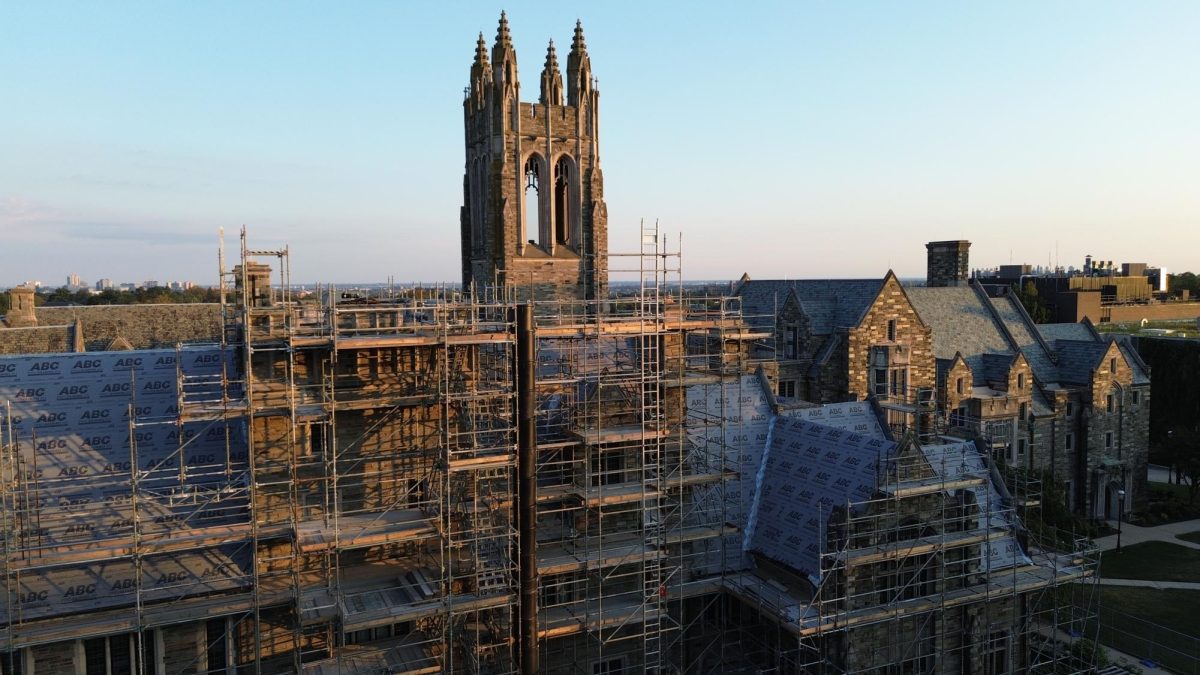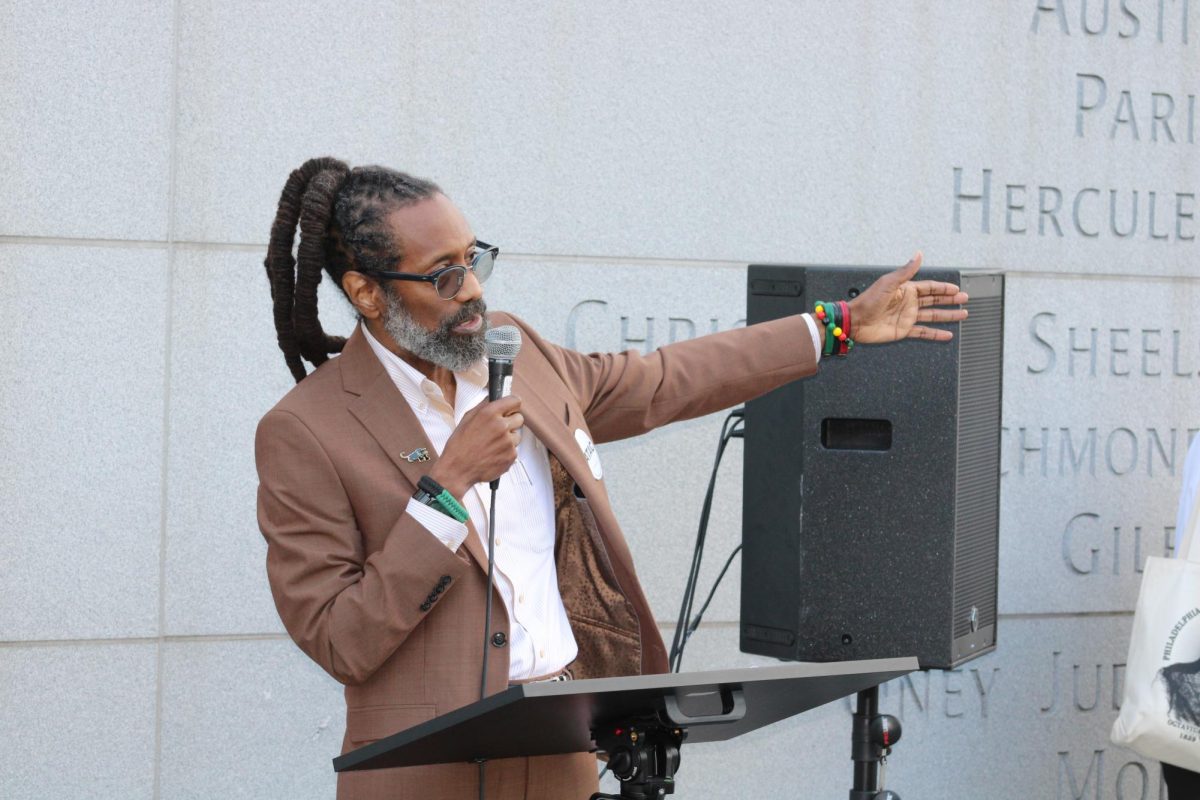For years, Philadelphia has held a sanctuary city status, meaning local law enforcement does not work with federal agents to enforce immigration policies.
Since becoming a sanctuary city in 2016, Philadelphia has seen a growing number of undocumented immigrants taking refuge in churches, knowing that Immigration and Customs Enforcement (ICE) and Customs and Border Protection (CBP) agents cannot enter those spaces.
However, President Donald Trump’s administration’s new immigration policy includes a Jan. 21 directive rescinding a 2021 Biden-era policy that protected “sensitive areas” from enforcement actions by ICE and CBP agents. These agents will now be able to enter schools, hospitals and churches, according to a Jan. 21 press release from the Department of Homeland Security (DHS).
Philadelphia is estimated to be home to nearly 50,000 undocumented immigrants, according to a report from the Migration Policy Institute.
Peter Pedemonti, co-founder and co-director of New Sanctuary Movement of Philadelphia (NSM), an immigrant rights group, said NSM began doing community education before the November 2024 presidential election and has responded to the rescission of the 2021 sensitive or protected areas memo by doing “know-your-rights” training with its 35 member congregations.
“We’re doing a lot of workshops,” Pedemonti said. “We’re doing support for our member congregations about putting a plan together if ICE actually did show up at their church or synagogue.”
NSM advocates for immigration reform and rights and provides support to immigrant communities in Philadelphia. NSM also attends immigration court in small groups to ensure that undocumented immigrants feel supported and have a community behind them.
Pedemonti said it is important that people stick together, even if their instinct is to isolate.
“I think there’s also power in more numbers, bringing more people together so that we can push for policy change,” Pedemonti said. “We’re doing a lot of education for the community.”
Similar awareness education has taken place at St. Joe’s, providing St. Joe’s community members with direction should they encounter law enforcement on campus.
The university does not collect or document information about St. Joe’s students’ citizenship status, said David Finnie, assistant vice president of the Office of Public Safety & Security (OPSS).
Faculty and staff members should follow existing university protocol if any local, state or federal law enforcement appear on any of the university’s three campuses, Finnie wrote in an email to The Hawk. That protocol advises community members to contact OPSS, which will coordinate with the Office of General Counsel (OGC). Warrants, court orders and subpoenas also should be directed to the OGC.
“This protocol ensures compliance with legal requirements while respecting the rights and privacy of our community members,” Finnie said.
Dean of the College of Arts and Sciences, James Carter, Ph.D., said he passed along information about the university’s protocol to department chairs in a recent meeting.
“We’re not making policy,” Carter said. “But we are establishing procedures for how to respond to a situation.”
Paul Patterson, Ph.D., professor of English, shared the university’s protocol with his students. He said, as a Jesuit Institution, St. Joe’s mission calls on people to protect others.
“I think that as faculty and students, and as a part of this broader community, we should be looking to protect those who are most vulnerable in our community,” Patterson said.
Pope Francis criticised the U.S. government’s program of mass deportation of undocumented immigrants in a Feb. 11 letter to U.S. Bishops.
In the letter, the pope acknowledged the right of a nation to “keep communities safe from those who have committed violent or serious crimes” but took issue with the attribution of criminality to immigrants without status, writing, “I exhort all the faithful of the Catholic Church, and all men and women of goodwill, not to give in to narratives that discriminate against and cause unnecessary suffering to our migrant and refugee brothers and sisters.”
Responding to national and local conversations focused on immigrants and immigration, the archbishop of the Roman Catholic Archdiocese of Philadelphia, the Rev. Nelson Pérez, D.D., issued a press release Jan. 20, writing, “With sadness, I have witnessed a broad variety of reactions to this topic marked by heightened anxiety, fear, anger, and polarization.”
Pérez noted in the press release that “The Philadelphia region has a long history of welcoming people from other lands who are fleeing oppression and seeking better opportunities for themselves and their families,” and that immigrants “are our brothers and sisters. They were created in the image and likeness of God. They deserve dignity, respect, compassion, and fairness.”
Pérez’s words resonate with Pedomonti, whose organization also connects people to immigration lawyers and supports immigrants during court appearances.
“We are a faith-rooted organization,” Pedomonti said. “I think it’s important to have that representation of God’s presence there.”
Alex Andahazy ’25 contributed to this article.














































